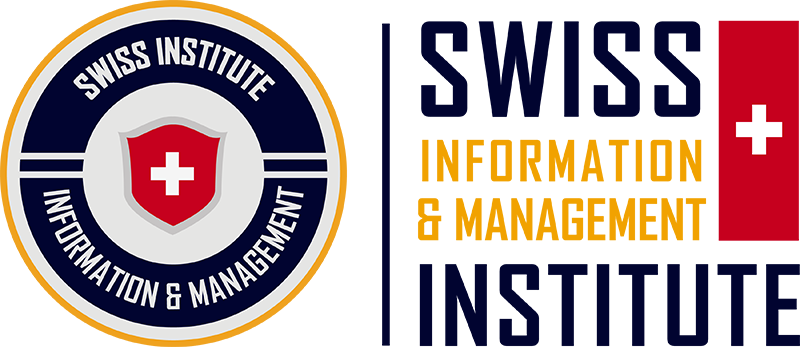What Master’s Degree Business Students Should Study After Bachelor’s Degree?
According to the National Center for Education Statistics (NCES), most students chose to study business major at the master’s level in the United States as of the 2009-2010 school year.
This is the major that dominates business schools and institutions; however, there are still a number of other qualifications available to business students who want to work in specific professions.
Master of Business Administration (MBA)
The Master of Business Administration (MBA) is the most favorite program that many students choose to study. Alongside doctoral programs, MBAs dominate the curricula of business schools.
The MBA program includes core teaching of finance, marketing, and technology. After completing the core courses, MBA students usually enroll in a few electives and can participate in projects where they begin to work with other students on the team to establish a business plan.
Some MBA programs have a global requirement where students must do an internship for credit at an international company anywhere around the world. Most of the time, it takes up to two years for a student to finish an MBA program full-time.
MBA programs are split between general curricula and focused curricula. Some schools establish curricula of compulsory and elective courses for students to receive general business training. Others allow students to focus on a specific area of business.
Although it depends on the school, in general, the learning process can include teaching knowledge in accounting, finance, medical management, corporate management, marketing, risk management, etc
Many schools also offer dual programs, meaning that the university will partner with several other graduate programs. Law schools, for example, often offer a dual curriculum. Some other examples may include education and business, or computer science and business. Many universities allow students to study full-time, or in the evenings or weekends. Evening and weekend classes are suitable for employed adults.
Non-MBA Degrees
The purpose of an MBA, even with a focus on finance or accounting, is to build business acumen in students. The joint courses and networking atmosphere in the MBA programs help students learn and grow to become business leaders.
However, there are graduate degrees other than MBA that are more focused on the exact degree program. Some business schools will offer various Master of Science (M.S.) programs in areas such as management. These programs focus entirely on their subject matter with focus courses and general requirements.
Business schools also have very specific qualifications that are related to specific professions. Another popular master’s program is the Master of Accountancy (MAcc). This is the only master’s degree for accountants who want to advance their career to achieve the highest level of expertise in the field of accounting. Other unique master’s programs may include the Master of Business Taxation (MBT), Master of Medical Management (MMM), or Master of Management Studies (MMS).
What Types of Jobs Need a Master’s Degree in Business?
According to the U.S. Bureau of Labor Statistics (BLS), some business, finance, and management positions may require or prefer a master’s degree. While a bachelor’s degree is the minimum requirement for many jobs, the BLS states that increased competition has led many employers to seek out candidates with a master’s degree.
For example, human resource managers may need a Master’s in human resources and industrial relations or an MBA in human resource management. Financial managers with an MBA in finance or an M.S. in economics or finance.
Finally, as previously stated, many accountants are investing in MAcc to broaden their professional horizons in accounting or to help prepare for the CPA Exam.
So which degree is the best?
So, which master’s degree is the best? The answer to this frequently asked question depends on the professional career the student is seeking. The MBA remains the most popular program and can include a wide range of content related to any student’s interests. However, if finance or accounting is a student’s passion, investing in specific master’s programs in those fields is highly recommended.
Source: The Swiss Institute of Management and Innovation
